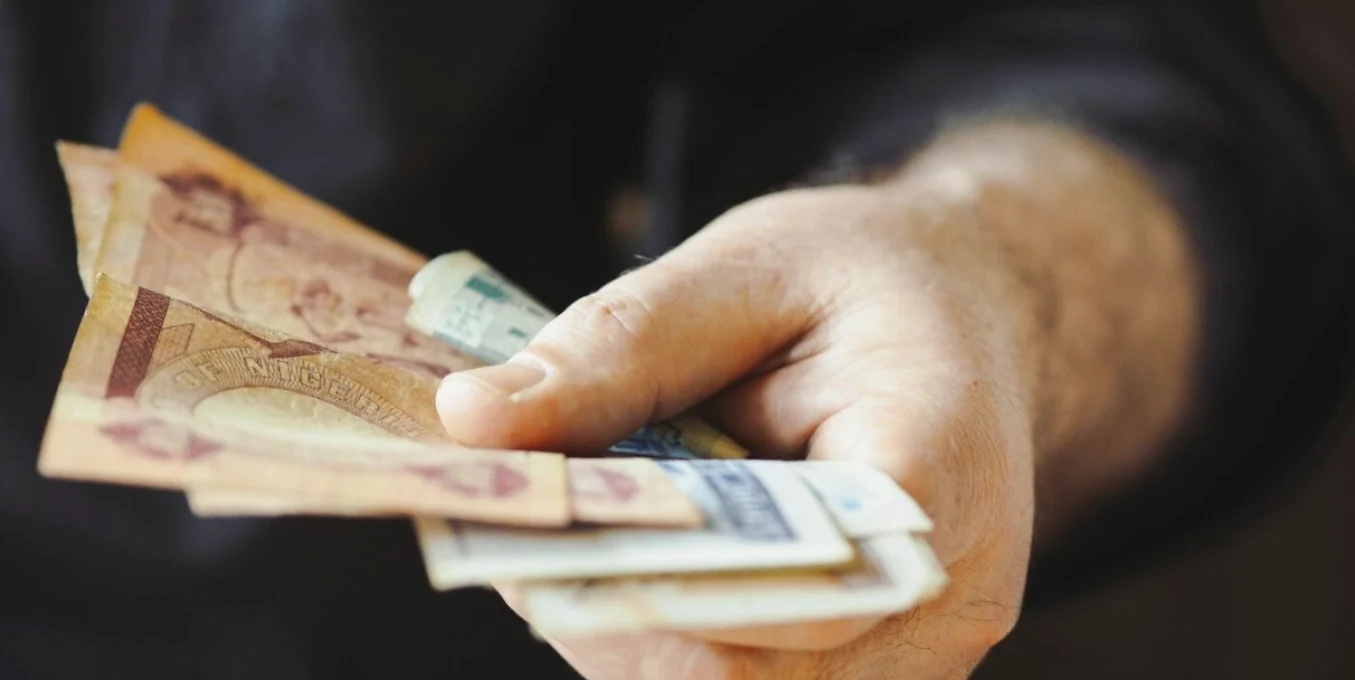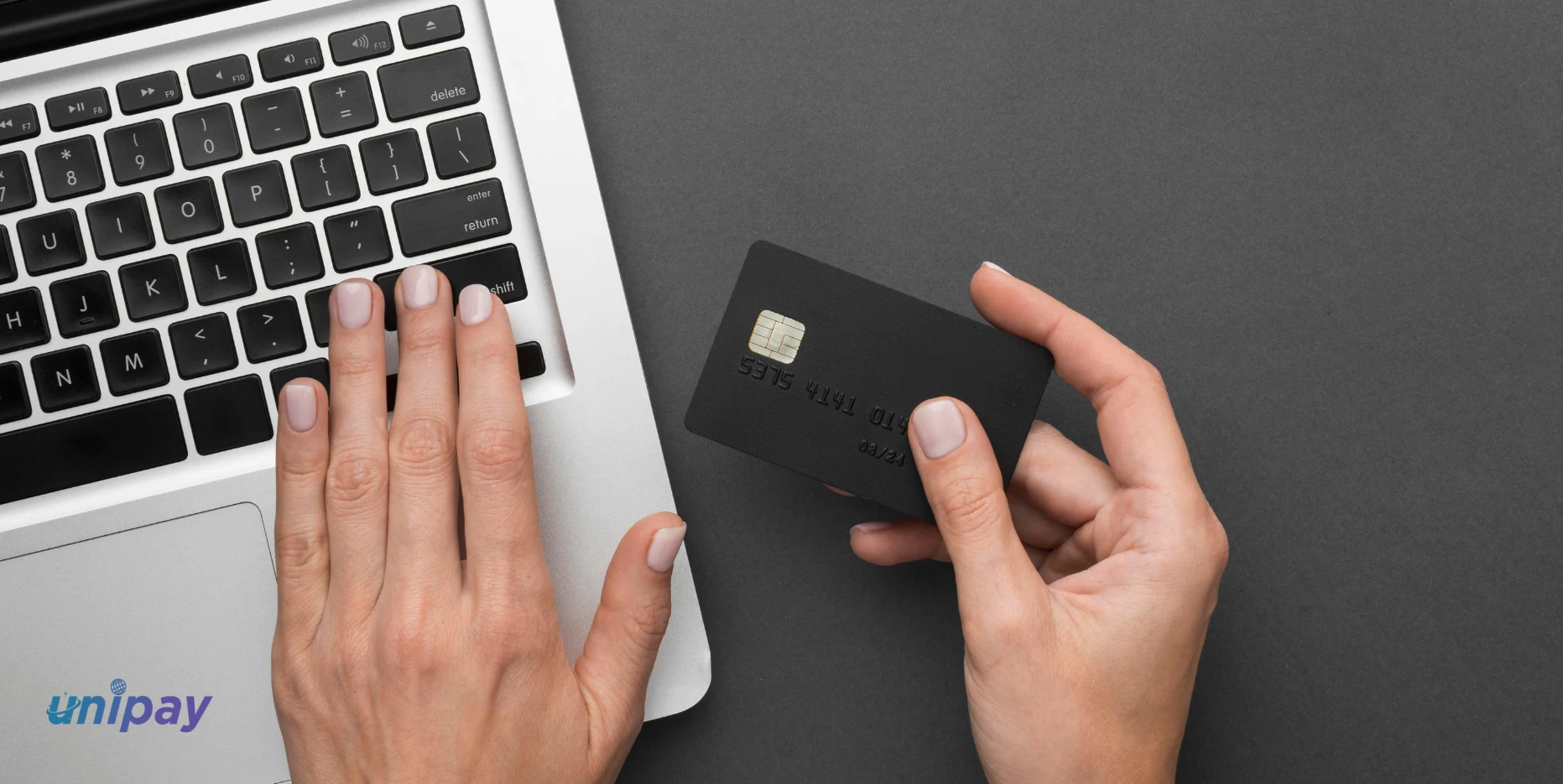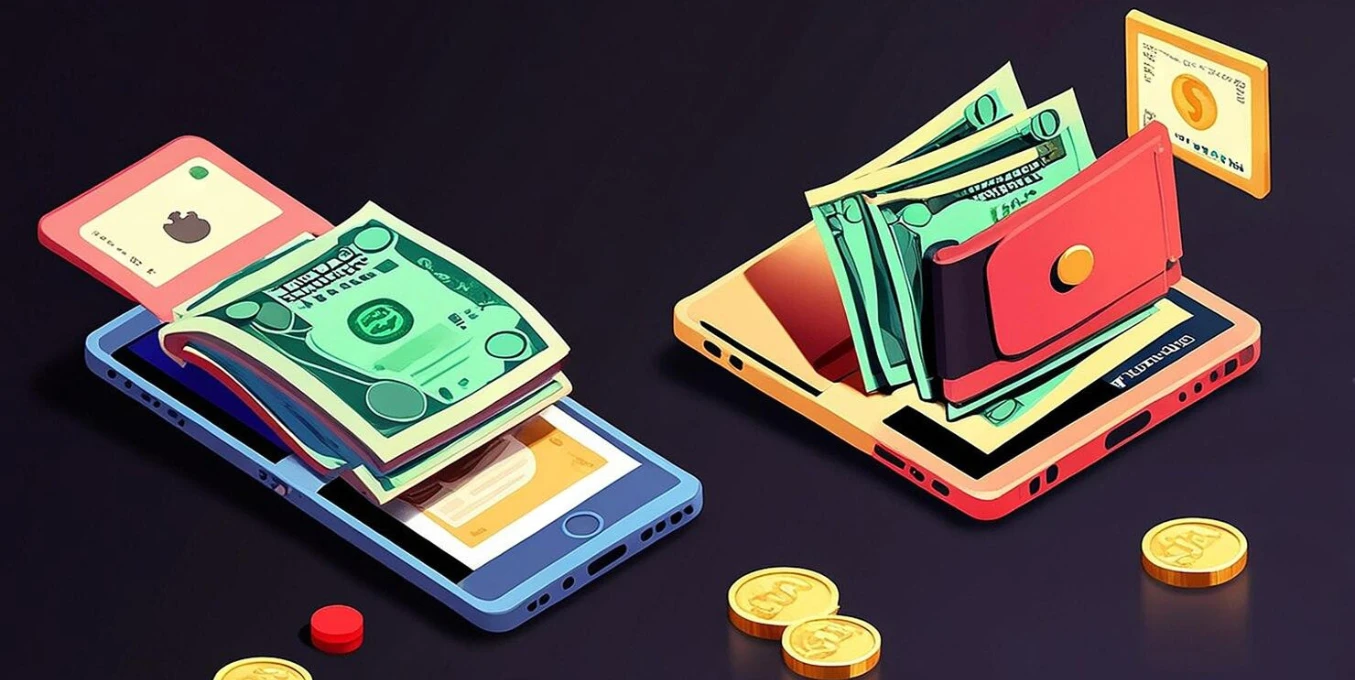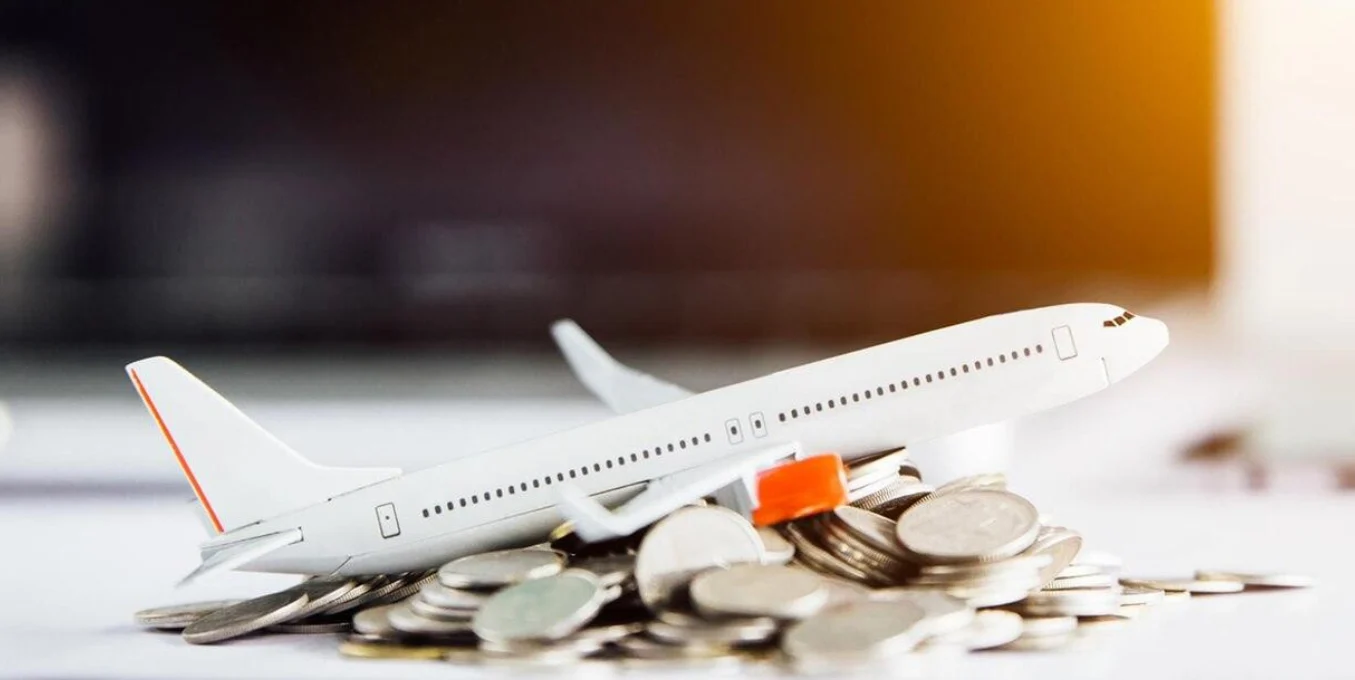Currency exchange is a key service that helps people travel, study, or do business abroad without money hassles. You need to follow some rules, whether you are purchasing a foreign currency before your trip or selling some cash left behind on returning home.
In India, the Reserve Bank of India (RBI) regulates all currency exchange activities. To ensure the process is legal and safe, you must present certain documents when exchanging currency. These documents verify your identity, reason for travel, and source of funds.
Let’s know more about what documents you need during a currency exchange in India.
Why People Need Currency Exchange
There are many reasons people in India need to exchange currency:
- Travelling abroad: The majority of travellers require foreign currency to book hotels, for transportation, and for making daily expenses in a foreign country.
- Foreign study: Students pay college fees, housing expenses, and other expenses in foreign currency.
- Business trips or working in another country: There are a lot of people who purchase currency due to a meeting, a working project, or permanent migration.
- Treatment overseas: Families may need to use foreign currency to cover treatment, surgeries, or medication in a foreign country.
- Returning to India: When people come back from foreign trips, they usually sell leftover foreign money or travellers’ cheques.
- NRIs and foreigners: May need to convert the Indian rupees to their domestic currency when they leave India.
Whatever the reason, Indian law requires documents that prove who you are and why you are exchanging currency.
Buying Foreign Currency in India
Buying foreign currency is typical in the case of international travel or studying. Indian residents and NRIs have a slightly different set of required documents.
1. For Indian Nationals
Indian residents must show the following documents when buying foreign currency:
- Passport: This acts as your primary identity and nationality document.
- PAN card: It helps track your foreign exchange during a given year and ensures you follow tax rules.
- Confirmed air ticket: It indicates that you are traveling within 60 days of purchasing the currency. The name, flight number, and travel date should be clear.
- Visa: Before purchasing the currency of most countries, you require a valid visa. Visa-free destinations may be an exception.
- Purpose-based documents:
- Student’s letter of admission to universities.
- An offer or employment letter for individuals who will be working in a foreign country.
- PR or immigration authorization for permanently moving persons.
- Aadhaar card: It can work as an extra proof of identity or address.
It is advisable to always bring both copies and the original of these documents to prevent delays at the forex counter.
2. For Non-Resident Indians (NRIs)
The NRIs are required to follow somewhat different rules:
- An authentic passport (Indian or foreign) to identify oneself.
- Foreign address evidence, e.g., a foreign driving licence or utility bill.
- OCI/PIO card (where necessary) to indicate Indian origin.
- Currency Declaration Form (CDF): You need to declare more than USD 5,000 in cash to the Indian Customs upon arrival.
This ensures that the cash you are exchanging is legitimate and has been reported.
Selling Foreign Currency in India
People usually sell the foreign currency at the end of the trip or when they receive foreign currency as a gift. The documentation needed will depend on the amount of money that you are selling.
1. For Indian Nationals
- Transactions of less than ₹25,000: Aadhaar, PAN, or voter ID is sufficient.
- Above ₹25,000 transactions: You will need to present your passport and PAN card.
- Large transactions (more than USD 5,000): You must also present the Currency Declaration Form (CDF) received from Customs upon entering India with the money.
The large quantity that is sold without the CDF can result in the rejection or even seizure of the currency.
2. For Non-Resident Indians (NRIs)
NRIs are allowed to sell foreign currency they brought to India, but they should show:
- Passport and OCI/PIO card
- Proof of source of funds (in case requested by the bank or forex dealer) to verify that the money is authentic.
- Currency Declaration Form (CDF) in case the amount brought exceeded USD 5,000.
This safeguards the dealer and the customer against legal matters.
Legal Rules and Limits You Should Know
India has a highly regulated currency exchange to discourage the transfer of money illegally. The following are the two important rules that everyone should be aware of:
- Liberalised Remittance Scheme (LRS): Indian nationals can travel, study, get medical attention, or make investments outside of the country without limit up to USD 250,000.00 per financial year. If you cross this limit, you need RBI approval.
- Currency Declaration Form (CDF): If you bring more than USD 5,000 in cash or more than USD 10,000 in cash plus travellers’ cheques into India, you must declare it to Customs. This assists the government in monitoring large forex inflows and preventing the circulation of black money.
By not going over these limits, you are safe against fines or legal action.
Smart Practices for Currency Exchange
You can ensure that your currency exchange is easy, safe, and stress-free by following these tips:
- Use authorised dealers: RBI-approved dealers only. It is only legally possible to make currency exchanges with banks and licensed forex dealers.
- Compare prices and service charges: Prices might vary on a day-to-day basis, and various dealers might have slightly lower prices.
- Get your papers ready: Have originals and photocopies so that there is no wastage of time.
- Keep your receipts: You may require them in case you ever wish to exchange unused money back into rupees.
- Avoid last-minute exchanges: Planning early saves time and helps you find the best deal.
- Consider a forex card: You can get a forex card for convenient and secure spending abroad.
Such minor steps can help you save money, save time, and keep your transactions safe.
Conclusion
Exchanging currency is simple if you know the rules. Carrying the right documents is the first step to making the process smooth and legal.
If you are buying dollars for your next vacation, keep your identity and travel documents ready. The same applies when you are selling euros or any other currency after any work trip.
For a safe and reliable experience, choose Unipay Forex. An RBI-registered Full-Fledged Money Changer (FFMC) that offers secure and transparent currency exchange services.
Frequently Asked Questions
What documents are required for currency exchange in India?
In India, you need a Passport, a PAN Card, and a valid ID like Aadhaar or Voter ID for currency exchange. If you are buying foreign currency for travel, you must also show a confirmed air ticket and visa, especially for amounts above ₹25,000.
What is the best way to exchange currency in India?
The best way to exchange currency in India is through RBI-authorised banks or licensed money changers with an FFMC licence. They offer safe transactions, fair rates, and ensure all exchanges follow legal guidelines.
Is a PAN card mandatory for currency exchange?
Yes, a PAN card is mandatory for currency exchange in India. It helps verify your identity and allows authorities to track and regulate foreign exchange transactions.
Where can I exchange currency in India?
Currency can be exchanged at RBI-authorized banks, licensed money changers (FFMC), airports, and some hotels. Online forex platforms are also available for convenience.
Are there any limits on currency exchange?
Yes, exchange limits apply. For most foreign travel, you can buy or remit up to USD 2,50,000 per financial year under the Liberalised Remittance Scheme (LRS). Amounts above this require extra approvals and documentation.




